Winding path leads to plant enzyme breakthrough
After finishing high school in Singapore, where she grew up, Manajit Hayer–Hartl trained as a teacher because, she said, “Most educated women in those days in Singapore ended up being teachers.”
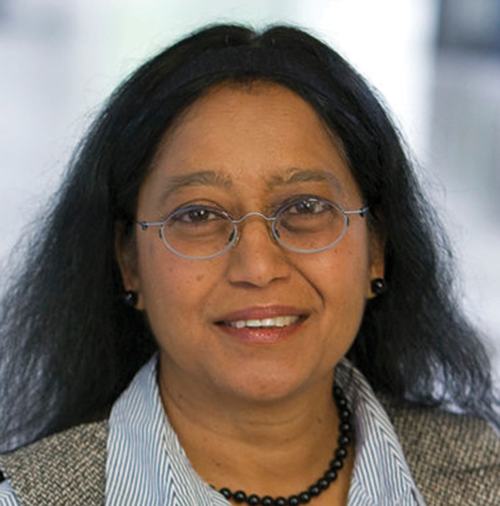
Manajit Hayer–Hartl
She lasted about a year before realizing that she didn’t want to read the science her 14-year-old students read; she wanted new, exciting science. So she applied to a chemistry Ph.D. course in Scotland. It wasn’t what her parents had in mind, but “my parents couldn’t really stop me since I wasn’t relying on (them) for funding,” she said.
“I can laugh about it now, but 40 years ago you really had to fight against the system.”
Her fight paid off with a distinguished career and, most recently, the American Society for Biochemistry and Molecular Biology’s 2020/2021 ASBMB–Merck Award for research in biochemistry and molecular biology.
After her Ph.D. and postdoc, Hayer–Hartl met her future husband, Ulrich Hartl, at a meeting in Greece. He wanted to move to the U.S., and “I’m a nice wife so I went along,” she said. She worked in his protein folding lab in New York, which led to some new experiences.
“I’d never run a gel in my life,” she said. Others in the lab were unfamiliar with her chemistry skills. It was a great melding of knowledge. When the couple moved to the Max Planck Institute of Biochemistry, Hayer–Hartl worked independently in her husband’s lab.
With the goal of studying how the photosynthesis enzyme RuBisCo is synthesized in plant cells, in 2006 Hayer–Hartl became the leader of her own research group at Max Planck. She was the first person to synthesize plant RuBisCo in Escherichia coli and firmly established herself as the leading expert on RuBisCo biogenesis. This work not only earned her the respect of colleagues across fields from plant biology to biochemistry but brings her daily joy.
“Every day I learn something new,” she said. “This is where I find the greatest satisfaction.”
Synthesizing plant RuBisCo in E. coli for the first time
RuBisCo is the most abundant protein on Earth; all biomass depends on its function, because plants need it to incorporate carbon dioxide into glucose. But RuBisCo is inefficient. About 25% of the time, it incorporates oxygen instead of CO2, effectively wasting the enzyme’s function, and this has a direct effect on crop yield.
Researchers have the skills to do mutagenesis and screen proteins for optimal function, but they could not do this with RuBisCo, because no one was able to synthesize the enzyme from plants in the lab; its assembly of eight large subunits and eight small subunits was too complicated.
Manajit Hayer–Hartl and her lab team solved this problem when they found the factors that help plant RuBisCo fold and assemble. In addition to the chaperone system that includes Cpn60/Cpn20, there are four other required factors: Raf1 and 2, RbcX, and Bsd2. Each of these proteins acts at different stages: Some help with folding, some help stabilize the folded form and some assemble the whole hexadecameric complex.
When Hayer–Hartl’s lab expressed these factors in E. coli along with the components of RuBisCo, for the first time scientists were able to synthesize plant RuBisCo outside of chloroplasts, a huge step for optimizing its function.
Enjoy reading ASBMB Today?
Become a member to receive the print edition four times a year and the digital edition monthly.
Learn moreGet the latest from ASBMB Today
Enter your email address, and we’ll send you a weekly email with recent articles, interviews and more.
Latest in People
People highlights or most popular articles

Hope for a cure hangs on research
Amid drastic proposed cuts to biomedical research, rare disease families like Hailey Adkisson’s fight for survival and hope. Without funding, science can’t “catch up” to help the patients who need it most.
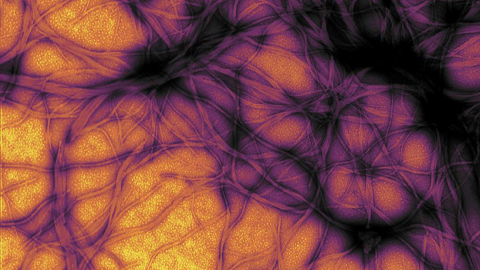
Before we’ve lost what we can’t rebuild: Hope for prion disease
Sonia Vallabh and Eric Minikel, a husband-and-wife team racing to cure prion disease, helped develop ION717, an antisense oligonucleotide treatment now in clinical trials. Their mission is personal — and just getting started.
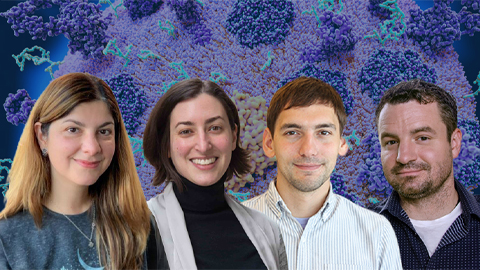
ASBMB members recognized as Allen investigators
Ileana Cristea, Sarah Cohen, Itay Budin and Christopher Obara are among 14 researchers selected as Allen Distinguished Investigators by the Paul G. Allen Family Foundation.
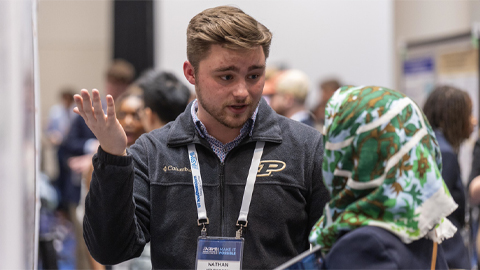
AI can be an asset, ASBMB educators say
Pedagogy experts share how they use artificial intelligence to save time, increase accessibility and prepare students for a changing world.
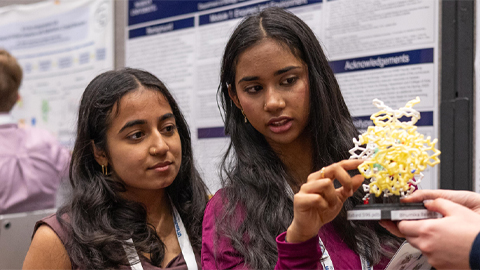
ASBMB undergraduate education programs foster tomorrow’s scientific minds
Learn how the society empowers educators and the next generation of scientists through community as well as accreditation and professional development programs that support evidence-based teaching and inclusive pedagogy.
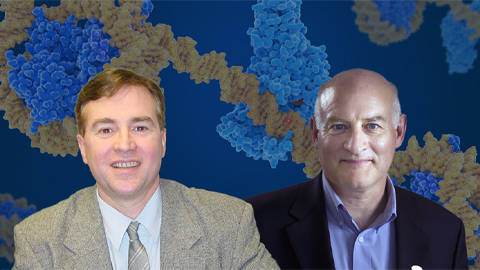
Honors for Gagna and Sundquist
Claude Gagna is being honored for the diagnostic tool he developed that uses AI to streamline diagnostics. Wesley Sundquist is being honored for his role in finding that HIV’s capsid was a target for treatment.

